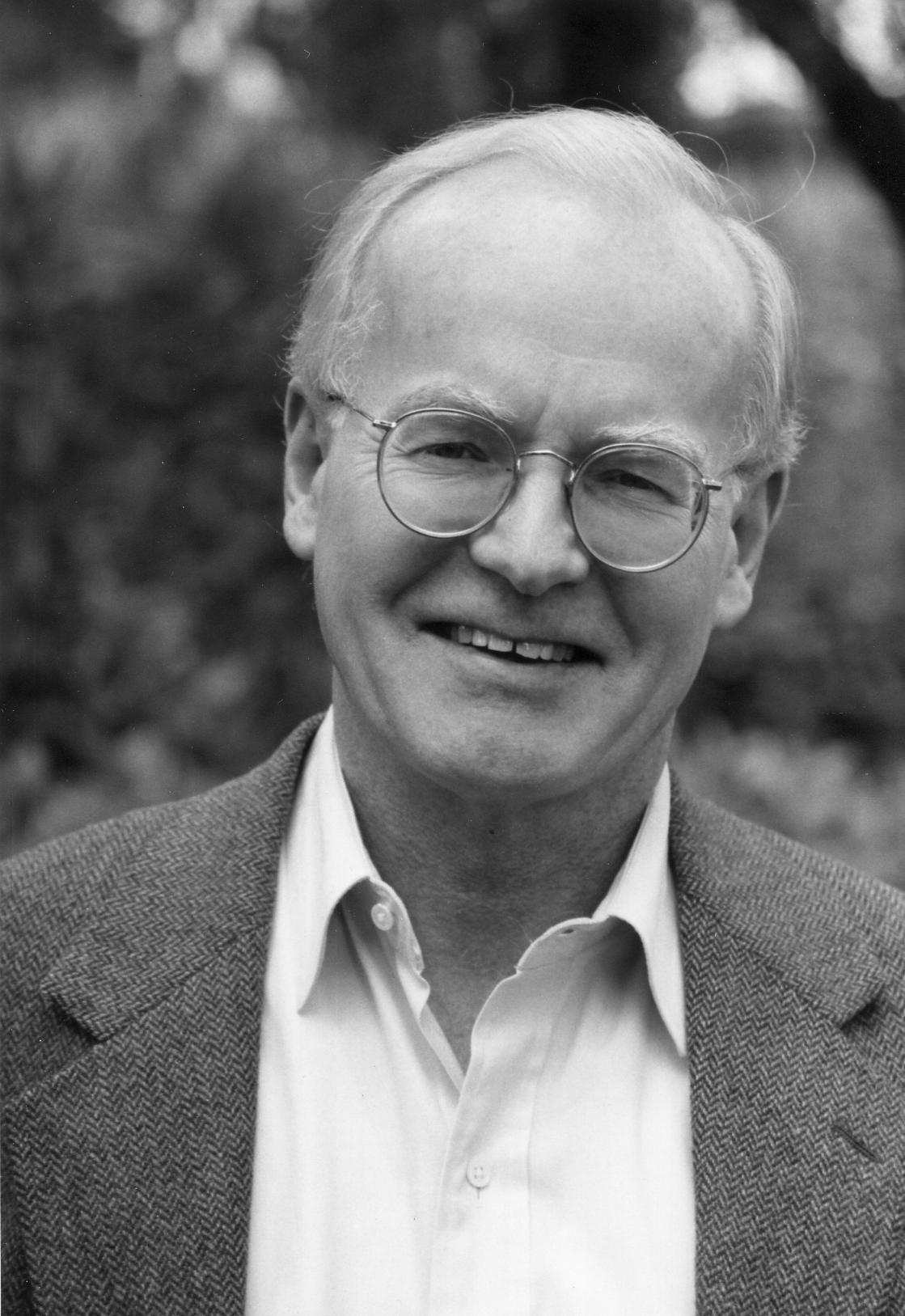
AnthonyFlood.com
Panentheism. Revisionism. Anarchocapitalism.

[link to CV]
From Journal of Consciousness Studies, 4, No. 3, 1997, pp. 248-68. Griffin’s exposition of the status of the question, and his answer to it, are foundational to my emerging philosophy. In March 2007, S.U.N.Y. Press published Griffin’s Whitehead's Radically Different Postmodern Philosophy: An Argument for Its Contemporary Relevance, a collection of papers that does not include this one, but does include a chapter on panexperientialism. I took the liberty of breaking up most of the paragraphs into smaller units. The four notes and bibliographical references appear at the end of section VI.
Panexperientialist Physicalism
and the Mind-Body Problem
David Ray Griffin
AbstractThe intractable (not merely hard) mind-body problem, which involves accounting for freedom as well as conscious experience, is created by the assumption that the brain is comprised of insentient things. Chalmers is right, accordingly, to suggest that we take experience as fundamental.
Given this starting-point, the hard problem is twofold: to see sufficient reason to adopt this long-despised approach, and to develop a plausible theory based on it.
We have several reasons, I suggest, to reject the notion of “vacuous actuality” and to adopt, instead, the view that all true individuals have experience and spontaneity.
After suggesting criteria for an acceptable theory, chief among which are “hard-core common-sense notions,” I point out why dualism and materialism have been unable to fulfil these criteria.
The strength of dualism has been its organizational duality, the strength of materialism its rejection of ontological dualism.
I suggest that panexperientialist physicalism, by allowing for “compound individuals” and thereby a “nondualistic interactionism” that combines these strengths, can provide a theory that overcomes the problems of materialist physicalism.
Next
I: The Conceptual Dimension of the Problem
David Ray Griffin Page